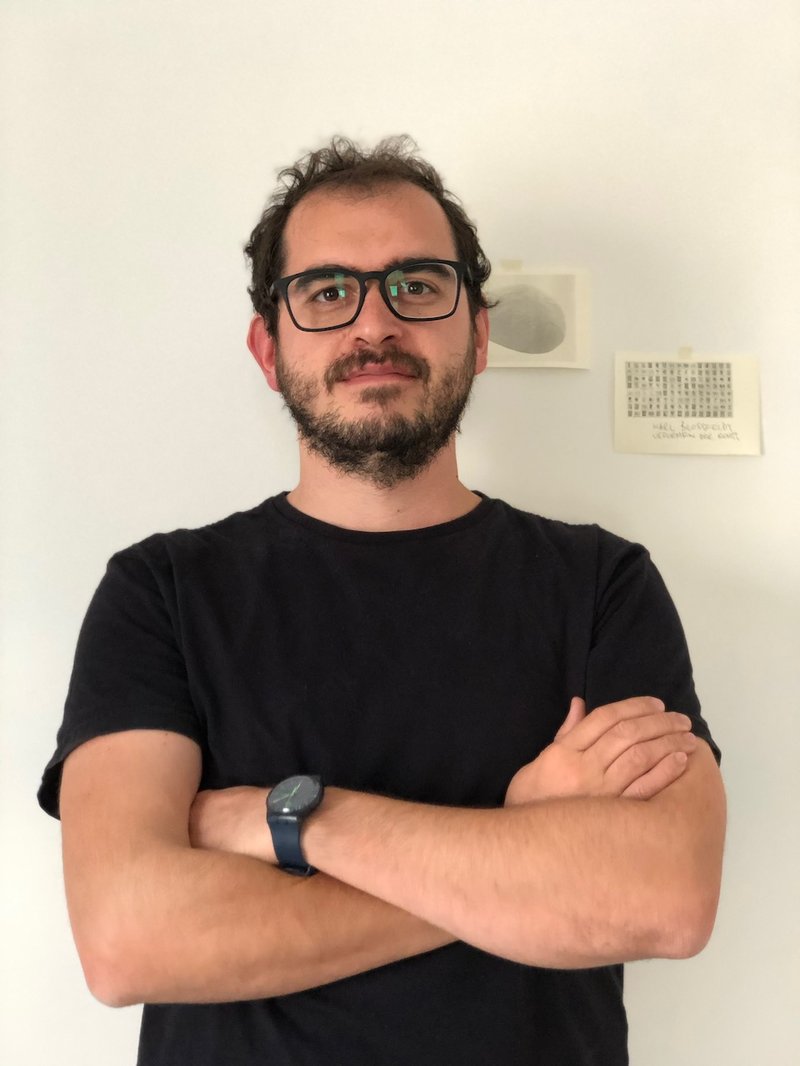Bruno Juliano

Conference Report. November 2023
First of all, I would like to highlight the excellent organization of the conference, both in terms of the themes of discussion and the speakers, as well as the agenda of activities that followed the presentations and the circuits that were proposed.
By way of summary, I would like to mention just a few of the ideas presented at the conferences.
On the one hand, there is Elvira Espejo Ayca’s proposal on the possibility of “mutual nurturing” as opposed to “domestication” (male domination) when hosting collective projects from our territories. In this way, the museum can open itself to a shared creation that goes beyond the pitfalls of a superficial study of beauty. In the words of Elvira, “uyway-uywaña”, is a nurturing of life itself.
From Pablo Lafuente’s presentation, his proposal of ruin as a strategy interested me; it was an idea that was also taken up, from the point of view of artistic projects, by Coco Fusco. This contingent dimension of activation and utilization of what surrounds us, just as it is, relates to a form of production and resistance common to Latin America, As does Nicolás Testoni’s proposal for the collective making and more of objects.
Luis Camnitzer critiqued the museum and its centrifugal mechanisms, proposing an institutional shift in which art and education explore the unknown without caving into the demands of ingenuity, efficiency, and training, to occupy the territory of the word and explore the impossible, the useless, as knowledge workers.
The presentations by Daina Leyton and her call for accessibility, leisure, and free time; Marie Hélène Pereira and the discussion of records as proof of the survival of spectres and ancestors in the shaping of a history of art; and the policy of care proposed by teresa cisneros all underscored the discussion regarding the work that continues to occupy us and remains pending.
In that sense, Ana Gallardo presented the extractivist system of art based on her experience at the school of learning for ageing, where teachers redefine their role of women who are masters of their own memory, in order to consider the power of artistic practices on a reduced scale.
Marian Pastor Roces and Luma Hamdan expanded on territorial aspects and on exploring projects focused on the reconstruction of memory through the senses and the redistribution of colonial legacies.
In this regard, María Belén Correa and Sidhi Vhisatya addressed themes such as survival through images, and archiving and safeguarding as alternatives to forgetting and as a means of enduring. Lastly, Claudia Zaldívar focused on community ties and institutional implications, in a discussion of her experiences at the Museo de la Solidaridad Salvador Allende in Santiago, Chile, and its work with neighbors of the museum.
It was also a pleasure to meet and talk with colleagues working in different parts of the world, tackling different realities and implementing common and specific strategies and mechanisms. These meetings led to invitations and proposals for future collaborations and exchanges.
Lastly, I would like to note my appreciation for the reception, warm welcome, and care extended to those of us who benefited from the travel grants. All of the institutions involved, and the Museo Moderno of the City of Buenos Aires and ArtHaus in particular, ensured we had a very friendly and enjoyable experience.
Bio
Bruno Juliano (BA in Arts and PhD in Humanities, Art History) is a professor of Contemporary Art History at the Faculty of Arts of the National University of Tucumán. Artist and researcher, he works with the memory of images and contemporary art in Tucumán, a province located in northwestern Argentina, a region from where he develops artistic, curatorial, editorial and management projects.
Director of the research project "Between the atlas and the archive. Individual and collective memories of the images produced by artistic practices in Tucumán" (SCAIT-UNT).
Secretary of Extension and co-director of the Specialization in Art History of Tucumán (FAUNT).
He was part of the Artists Program of the Universidad Torcuato Di Tella (2022-2023) and INTER (training and dialogues plan for artists), organized by FACT, Foundation for Contemporary Art of Tucumán (2019-2021).
She obtained scholarships for research initiation, doctoral and doctoral completion (SCAIT-UNT), and as an artist, the Grant of the National Fund for the Arts of Argentina (2017) and other grants to group projects.